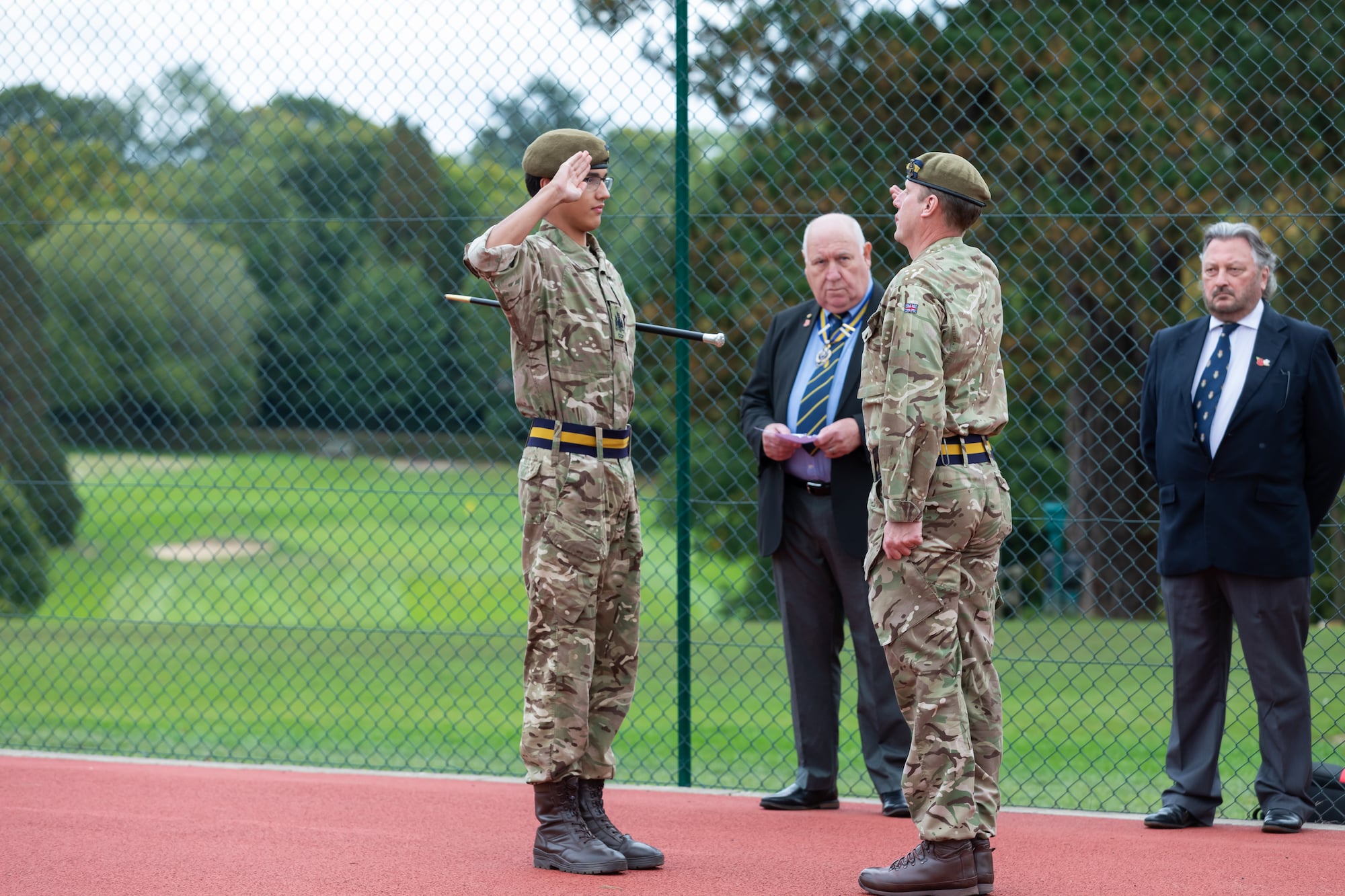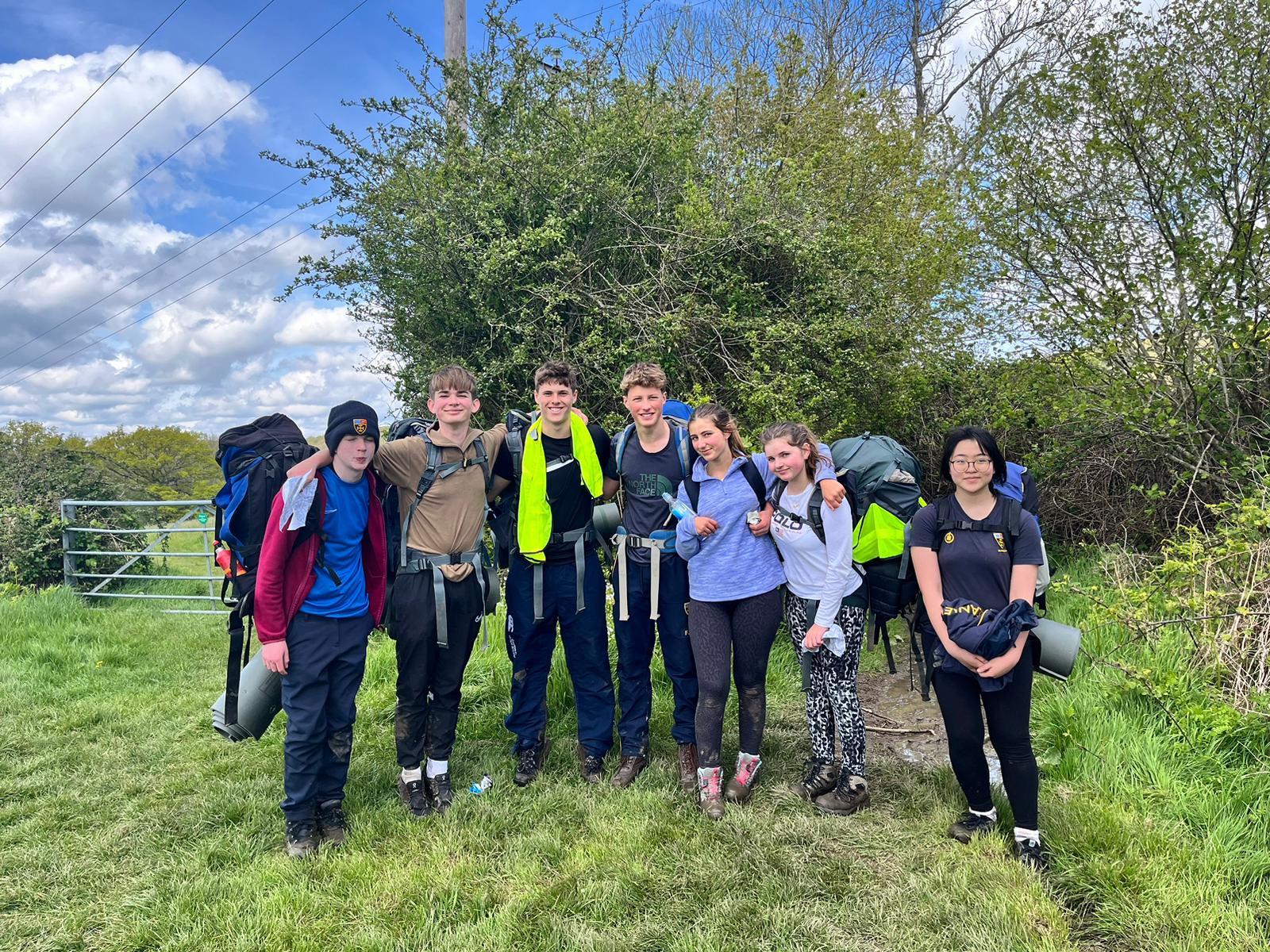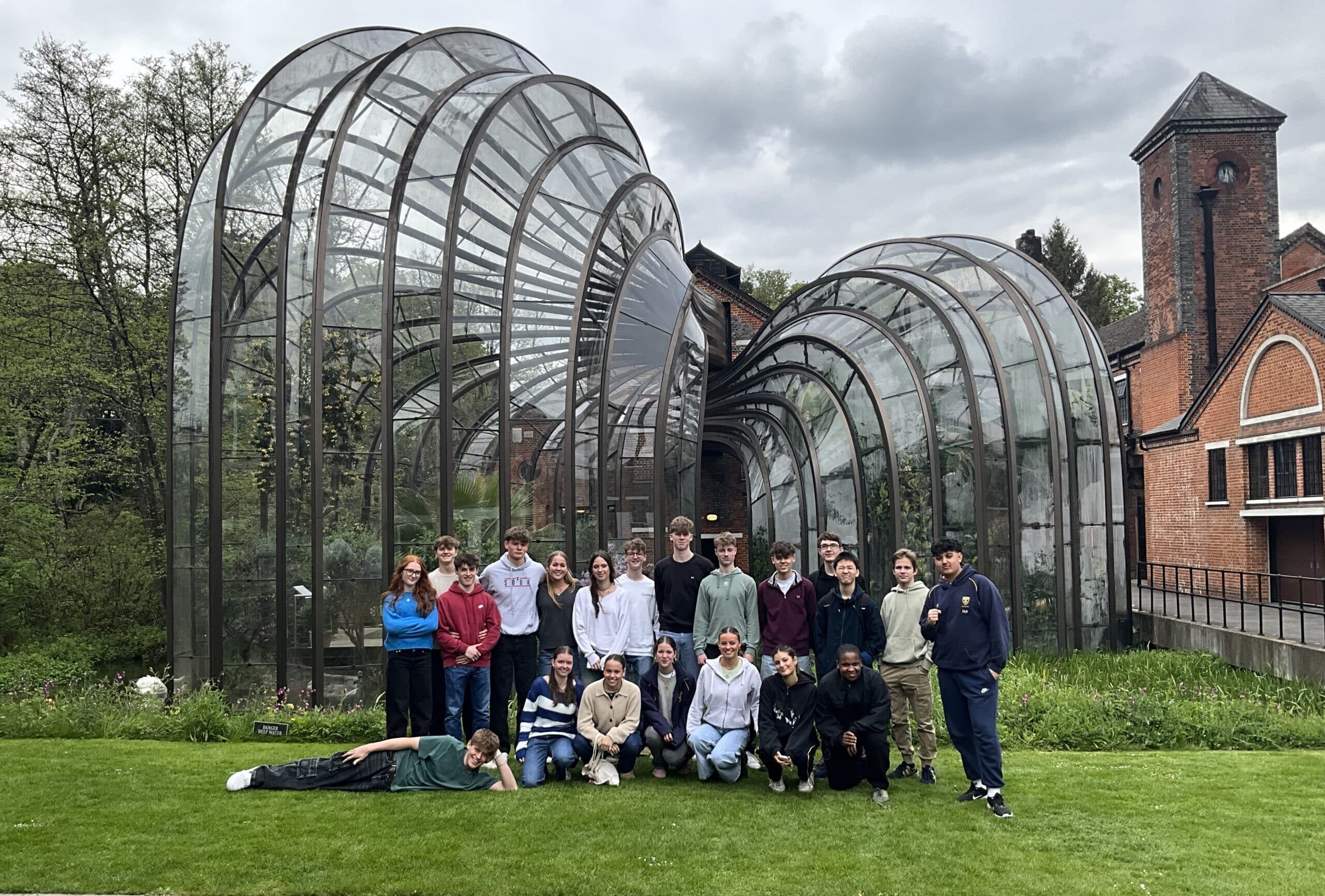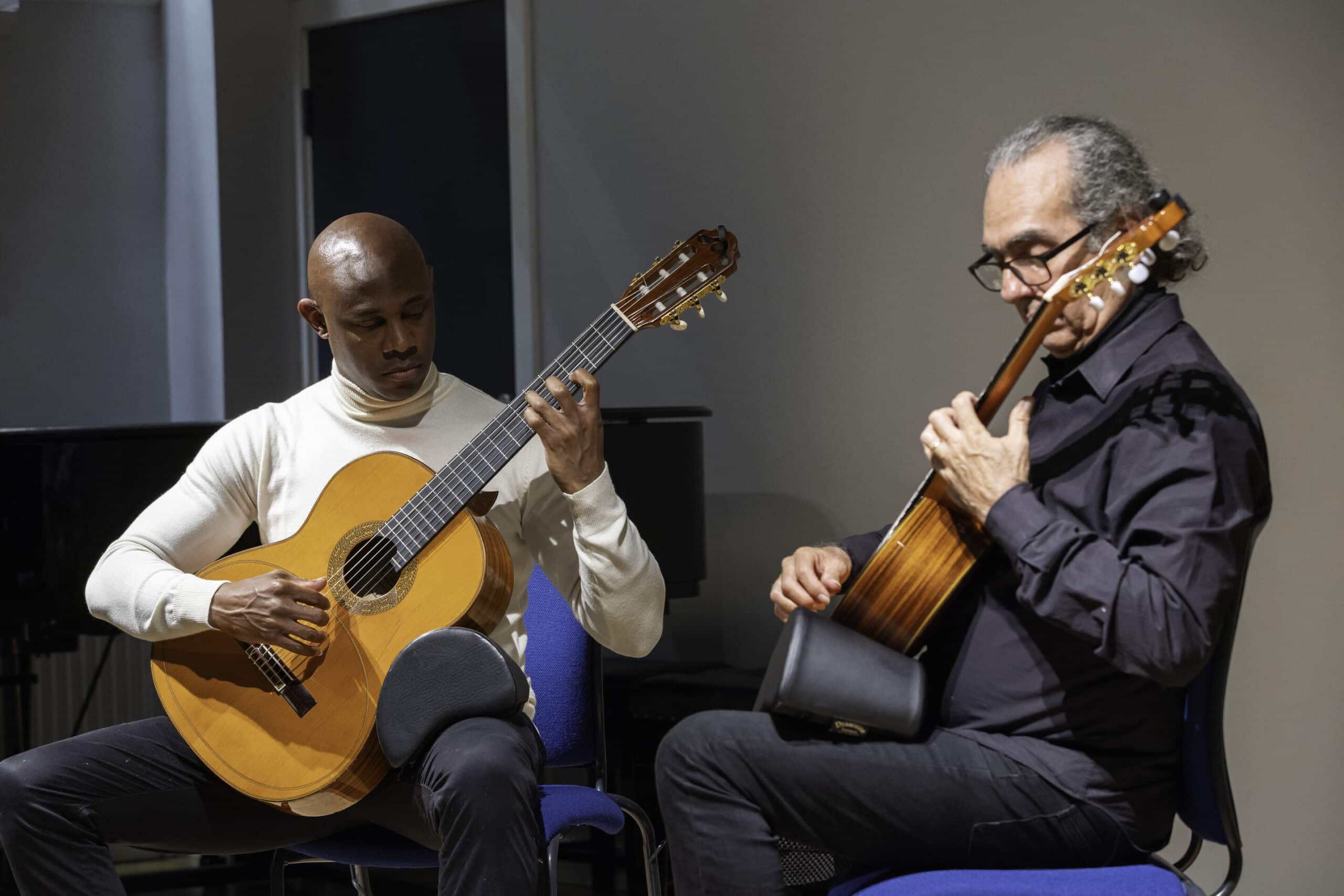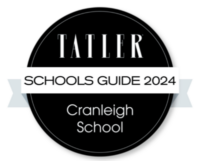 On Wednesday September 28th, Tony Thorne, former Head of the Language Centre at King’s College, London, delivered a fascinating lecture to members of the 6th Form and the Purvis Society on “Language, Words and Communication” and the ways in which different forms of speech develop and for what reasons. He is researching contemporary slang, the language of subcultures (particularly of young people) and other varieties of new language, including jargon, media catchphrases and ‘lifestyle terms’.
On Wednesday September 28th, Tony Thorne, former Head of the Language Centre at King’s College, London, delivered a fascinating lecture to members of the 6th Form and the Purvis Society on “Language, Words and Communication” and the ways in which different forms of speech develop and for what reasons. He is researching contemporary slang, the language of subcultures (particularly of young people) and other varieties of new language, including jargon, media catchphrases and ‘lifestyle terms’.
According to Mr Thorne, there are three types of language: “proper” English, which one would expect to hear in the professional world, “street language” and the “language of the kitchen”. “Street language” can vary according to place. For example, “hurry up” is “shimmy” in Leicester, whereas in London it is called “duss”. The latest “youth slang” includes words such as “butters” and “chung”. Finally, the “language of the kitchen”, is the type of language families develop amongst themselves: words which describe an event or object which is personal to them. He used a brilliant example of a family had bought an item on holiday; believing the original purchase to be wonderful, they had returned home to find the object quite useless, thus terming it a “ribble”.
He talked about how words are formed in a new context. These words often develop to fit the fashion of the time, and then become outdated, as was the case with “truckin” in the 1970s. Thus the language of 2011 is very different from that of even 10 years ago. For example, “fit” used to mean “physically fit”, but now young people use it to describe someone who is attractive or handsome. Mr Thorne drew attention to the fact that many grandparents get “upset” at how much the English language has changed and there are so many new words now that they think it is almost like a different language.
An example of this is “LOL”, meaning “laugh out loud”. This word started as text language and has become so common that people use it all the time, and it even replaces the actual physical action of laughing. Upon leaving the lecture, I asked Mr Thorne what his favourite new words are. He said some of his favourites are “wibble”, “ning nong”, “freak out” and – even though the he’s been using it since the 60s – “cool”.
Hetty Cunningham
Upper Sixth (South)
